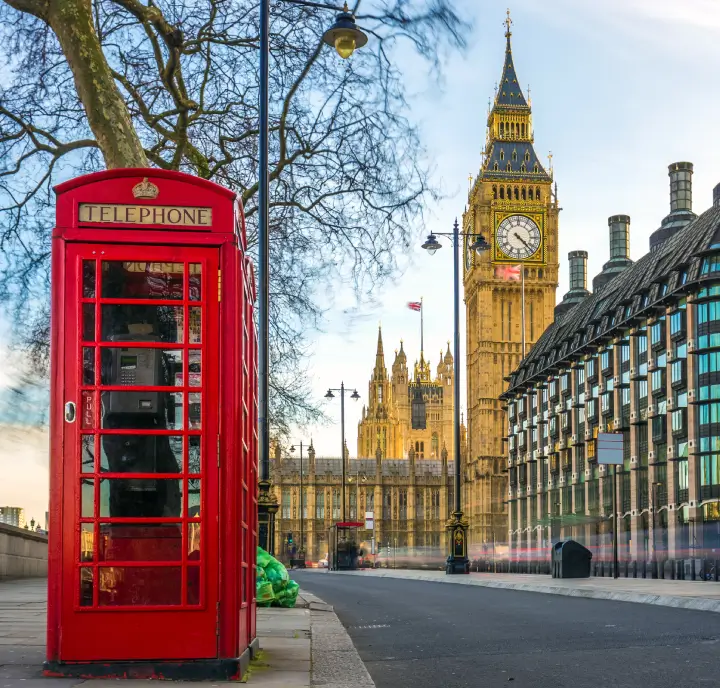A wealthy heiress has succeeded in her appeal to overturn a financial remedy order that banked on her inheriting from her wealthy father in the future.
The case of Alireza -v- Radwan and others was before the Court of Appeal earlier this month.
The parties married in 1999 and had 3 children – the youngest child was 4 years old at the time of trial. The husband (H) had a successful career in international banking and had an earning capacity of £350,000 plus per annum. The wife (W) on the other hand had been the homemaker and it was accepted by H that W herself had no earning capacity of her own.
In terms of the assets available for redistribution the High Court found H to have a 1/3 interest in a ‘family arrangement’ worth between £12.42m – £15.7m. The ‘family arrangement’ was essentially wealth H had inherited from his father in 1991/1992 along with his mother and sister who owned the remaining 2/3 interest. The ‘family arrangement’ owned assets which included the former matrimonial home and an additional property the parties shared for domestic staff & guests.
The High Court found that of H’s £12.42m – £15.7m share in the ‘family arrangement’, c.£4.3m was available in liquid funds. The Judge found that H also had separate personal liquid assets (outside of ‘the family arrangement’) of £1.64m giving H a total of c.£6m in realisable liquid assets.
W had no assets of her own. W’s father was an extremely wealthy. Both H and W accepted that W’s father’s estate would be subject to the ‘forced heirship’ laws of Saudi Arabia and that as such W’s inheritance rights were both ‘unassailable and indefeasible.’ H argued W could expect to receive a 1/5 share of her father’s wealth (approx. £100m). At the time of the hearing W’s father was 71 years old.
The High Court found that W would likely be a multi-millionaire in her own right upon the death of her father and would, unlike H who had the constraints of the ‘family arrangement’, have unrestricted access to her share of inherited wealth and accordingly awarded W (on a needs basis):
- A lump sum of £2m by way of capitalised maintenance. It was intended that this sum would provide W with income over 14 years;
- £15,000 per year for child maintenance and school fees for the children;
- £25,000 for a replacement car; and
- A time-limited occupational interest in the FMH and the property for domestic staff. W’s right to occupy the FMH would terminate upon either W’s remarriage or the death of W’s father (whichever the sooner). W’s right to occupy the staff flat would terminate in 3 years’ time. W would be permitted to seek permission from H and his family to sell the FMH and move to a similar value property.
The Court of Appeal found that because H had assets between £14m – £17m together with an earning capacity of £350,000 per annum it was wrong for the High Court to deny W a capital settlement to purchase a property outright. This was a marriage of 14 years whereby W has the ongoing care of the children and no earning capacity of her own. As a result, the Court of Appeal remitted the case back to the Family Court to determine the appropriate level of lump sum to be paid to W in addition to her capitalised maintenance of £2m, despite the matrimonial assets largely consisting of wealth inherited by H prior to the marriage. The Court of Appeal accepted that this was a ‘needs’ case but nonetheless considered that W had an immediate need for a mortgage free property for herself and the children and the certainty that that would provide for her future.
Monday - Friday: 9:30am - 5:30pm









